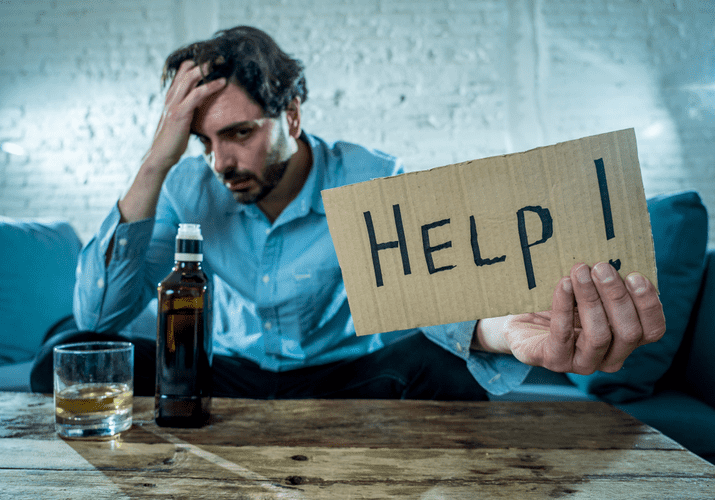Please keep in mind that symptoms may vary in severity, and you may not experience the full list below. It’s vital you speak with your treatment team before https://fesk.ru/ramsar/70.html you stop drinking so that potentially dangerous symptoms can be avoided. Below, the three stages are broken down into an alcohol withdrawal timeline.
Severe Withdrawal Symptoms
- Still, if you’re experiencing alcohol withdrawal, it’s essential to have your symptoms evaluated by a medical professional.
- And while symptoms generally improve within 5 days, some may experience prolonged symptoms.
- Motivational interviewing (MI) is another effective approach, enhancing an individual’s motivation toward recovery and fostering engagement with treatment.
According to a 2017 study, the use of the Objective Alcohol Withdrawal Scale (OAWS) was more useful for treatment because it can be used as a framework and tailored to individual cases. Some researchers note that these prolonged but lower-intensity symptoms can even persist for 2 or more years — especially symptoms that affect your sleep. AWS is often accompanied by intense cravings to drink and may http://sputnikkey.ru/news/transpondernye_novosti_ot_3_10_11/2011-10-03-974 affect your emotional, cognitive, and physical well-being. “I feel great. To all those that are ready to give up because of withdrawals, hang in there! It does get better.” “I still feel really anxious and panicky and confused sometimes, especially in public.” “I feel like I am actually going into the honeymoon phase of my recovery. I feel great and am finally starting to be able to think clearly.”
- “Went from shaky to wanting to scream all day. I almost talked myself into ‘just one more’ several times, but somehow made it through.”
- For example, the frequency, duration, and the amount of alcohol consumed when drinking can all play a role in the severity of withdrawal symptoms.
- Doctors estimate that 3 to 5 percent of people will have severe symptoms.
- The most severe symptoms tend to disappear within days, whereas less intense ones may last longer.
In the First 8 Hours
More severe withdrawal symptoms are common in the first few hours of withdrawal. Treating alcohol withdrawal is a short-term fix that doesn’t help the core problem. When you talk to your doctor about symptom relief, it’s a good idea to discuss treatment for alcohol abuse or dependence.

Moderate Symptoms
There are many resources available for anyone who is ready to stop drinking for good, or who wants to reduce the harm alcohol is causing in their life by cutting down. As you continue to commit to long-term recovery, support group meetings like Alcoholics Anonymous (AA) or online support communities might be helpful. A healthcare http://shalala.ru/Evanescence/song/269095/ provider may request daily visits during which they will likely run blood tests and monitor vital signs until symptoms stabilize. You’ll likely begin to feel better between five to seven days after you stop drinking, though some symptoms—like changes in sleep patterns, fatigue, and mood swings—can last for weeks or months.
